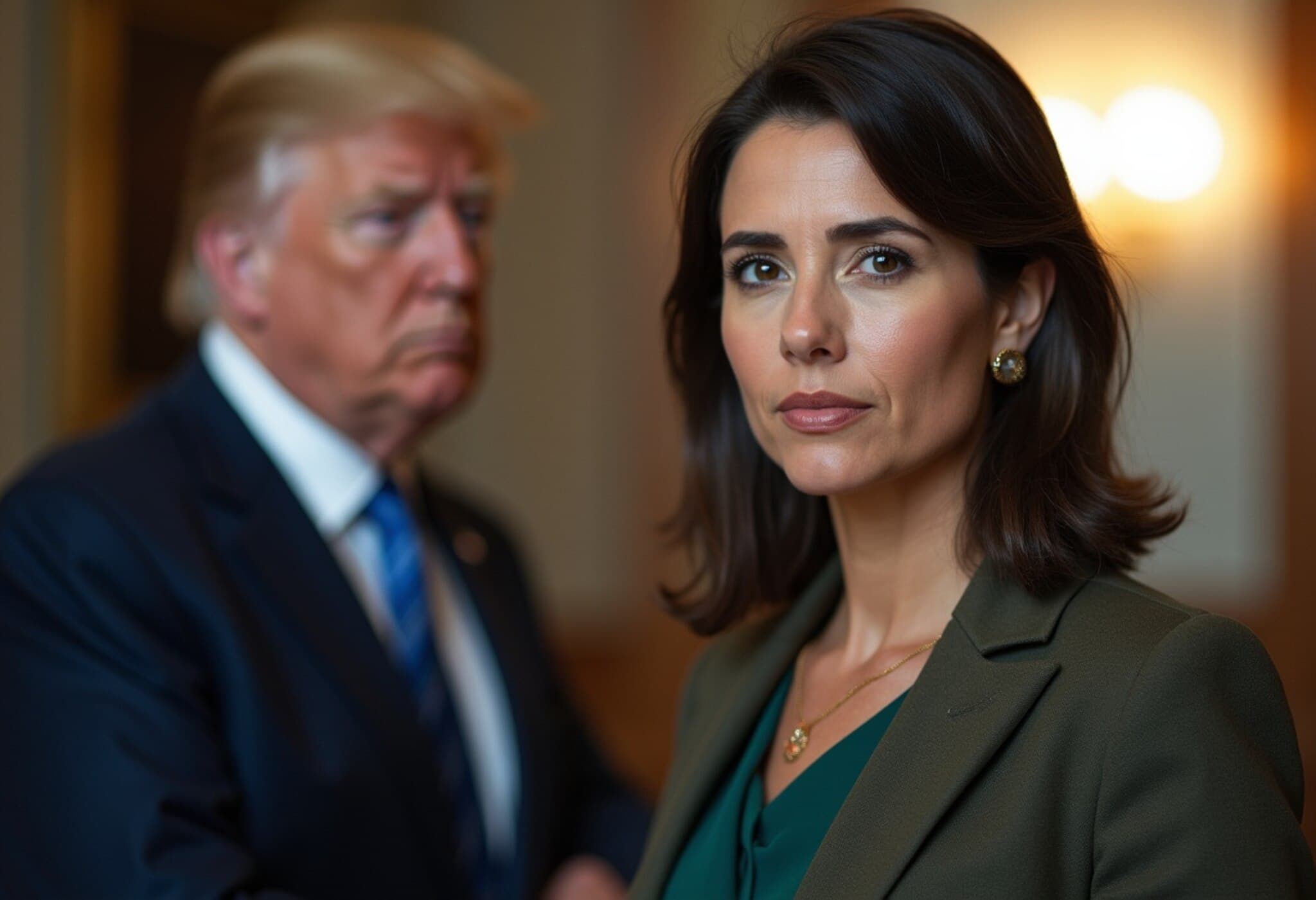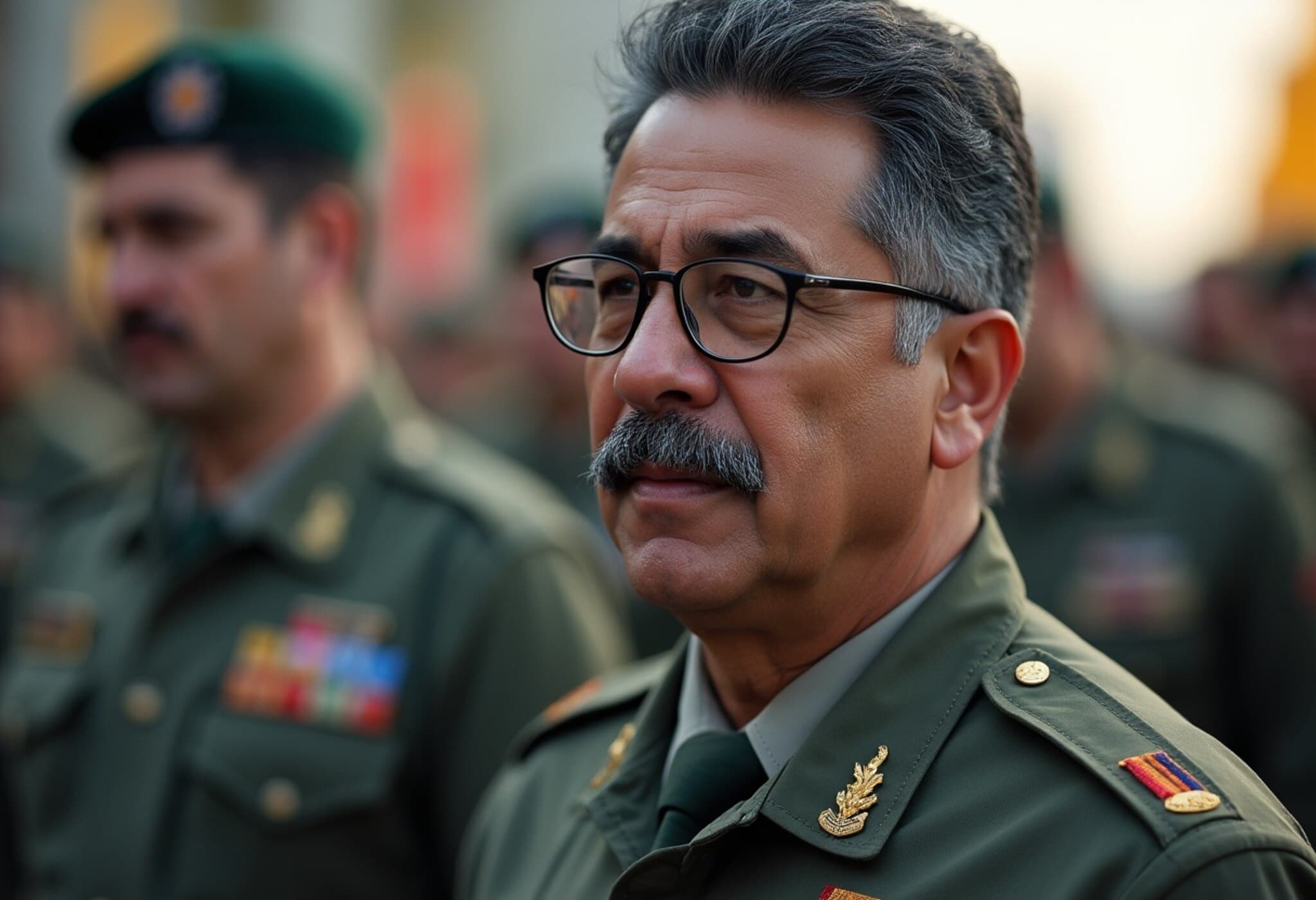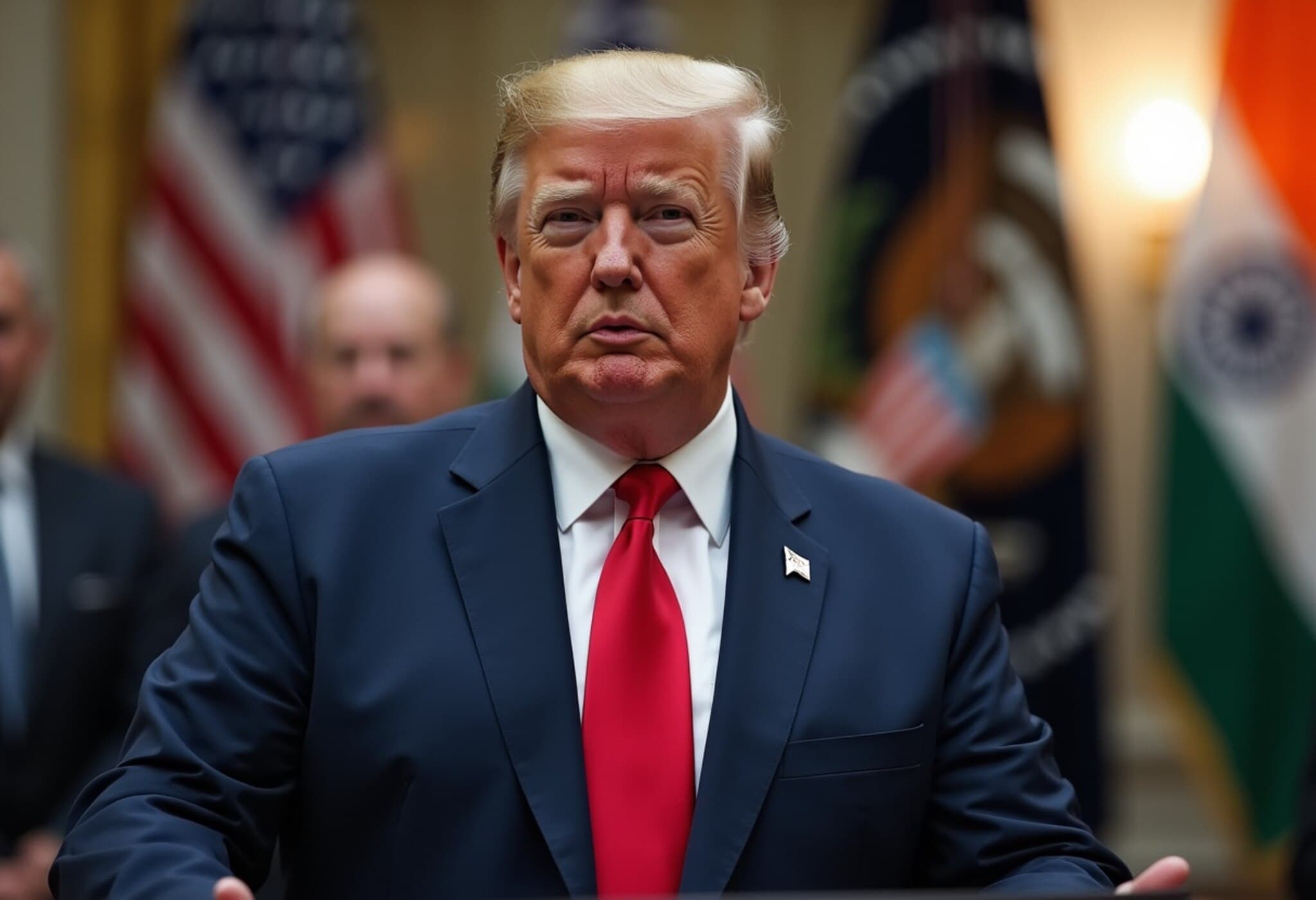Mexico Firmly Rejects US Military Presence Despite Trump’s Directive on Drug Cartels
In a clear and resolute statement, Mexican President Claudia Sheinbaum dismissed any prospect of US military operations on Mexican soil, addressing growing speculation around President Donald Trump’s plans to intensify efforts against Latin American drug cartels. "Absolutely ruled out," Sheinbaum emphasized, underscoring Mexico’s commitment to cooperation rather than conflict.
Background: Trump’s Directive and Cartel Designations
Earlier reports revealed that President Trump signed a directive instructing the Pentagon to prepare potential military measures beyond US borders, specifically targeting cartels entrenched in Mexico and Latin America. This follows Trump’s executive order labeling eight major drug cartels as terrorist organizations, a dramatic shift signaling a tougher stance on narcotics trafficking and associated violence.
While the White House did not confirm the directive explicitly, officials have stressed that homeland security remains their top priority. US Secretary of State Marco Rubio highlighted the rationale behind this approach, stating, "We have to start treating them as armed terrorist organizations, not simply drug-dealing entities," reflecting a strategic pivot in US policy toward these groups.
Mexico’s Response: Sovereignty and Cooperation Over Conflict
President Sheinbaum clarified that Mexico was notified about forthcoming US policies on cartels but firmly insisted that no military involvement or incursion is permitted. "It is not part of any agreement, far from it," she said, reaffirming Mexico’s sovereignty and the preference for collaborative law enforcement efforts.
Earlier in the year, she cautioned that the terrorist designation of cartels should not be used as a pretext to undermine Mexico’s self-determination. This response highlights a sensitive bilateral dynamic balancing aggressive anti-crime initiatives with respect for international borders and diplomatic protocols.
Collaborative Efforts Show Tangible Results
Despite these high-profile disagreements over military involvement, cooperation between the US and Mexico in combating illicit trafficking continues to bear fruit. According to recent US data, border crossings in June hit a record low, and fentanyl seizures at the border have dropped by more than half. US Ambassador to Mexico Ronald Johnson attributed these improvements to coordinated work between Sheinbaum’s administration and Trump’s government, stating cartels are "going bankrupt and our countries are safer because of it."
Broader Context: Border Security and Regional Stability
- Security Concerns: The US has increasingly linked drug cartels to terrorist activities, influencing policy and resource allocation.
- Diplomatic Sensitivities: Mexico remains wary of any measures that could be perceived as infringing on its sovereignty, prioritizing diplomacy over militarization.
- Economic and Social Impact: Cartels’ destabilizing influence undermines regional development and public safety, creating urgency for effective solutions.
These tensions between assertive US policies and Mexico’s defensive posture encapsulate the complexities of cross-border crime fighting, where legal, political, and social factors intertwine.
Expert Insight: Navigating the Fine Line Between Security and Sovereignty
From a policy analysis perspective, this standoff highlights a delicate balancing act. US motivations to intensify action against cartels are driven by domestic public safety, particularly concerns over opioid infiltration and violent crime. However, military interventions in sovereign nations carry significant risks of diplomatic fallout, potential escalation, and unintended consequences.
Experts suggest that joint intelligence operations, law enforcement collaboration, and addressing root causes like corruption and poverty offer more sustainable avenues for lasting impact than direct military action. Continued dialogue and trust-building between Washington and Mexico City remain essential to ensure efforts do not backfire or destabilize the region further.
Looking Forward: What This Means for US-Mexico Relations
The recent statements by President Sheinbaum send a strong signal that any US ambitions for forceful intervention will face stiff resistance. Instead, the focus will likely remain on enhancing cooperation in intelligence sharing, border security technology, and judicial collaboration.
For policymakers on both sides, the challenge lies in harmonizing security imperatives with respect for sovereignty and human rights, ensuring that solutions combat crime effectively without compromising the principles of international law.
Editor’s Note:
The brewing tension over US military involvement in Mexico’s drug war underscores the enduring complexity of cross-border security challenges. While the United States is determined to curb the growing threat of cartel violence and narcotics trafficking, sovereignty concerns voiced by Mexico highlight the crucial importance of diplomacy over militarization.
Readers should consider the broader implications: How can geopolitical powers address transnational crime without escalating conflicts? And what roles do economic development, corruption, and community resilience play in undermining cartel influence? As this story unfolds, it will be critical to watch whether cooperative efforts continue to reduce violence or if hardened stances escalate tensions.
















